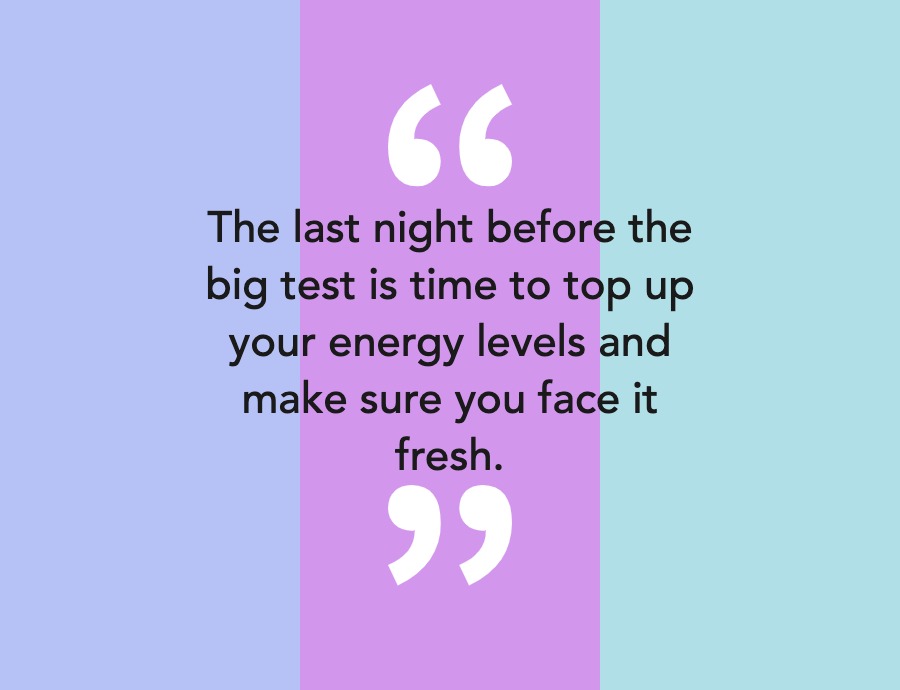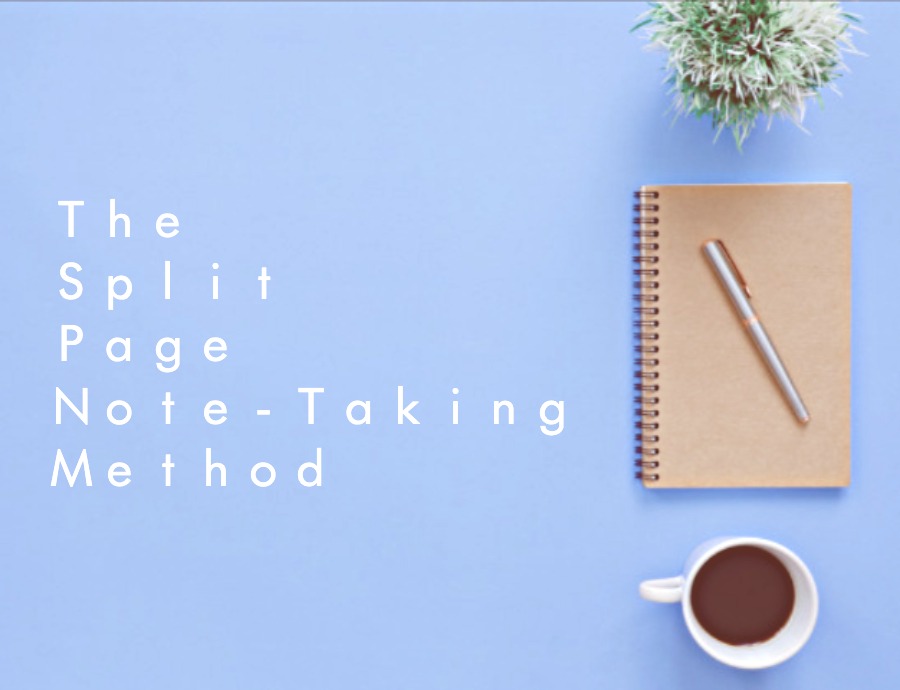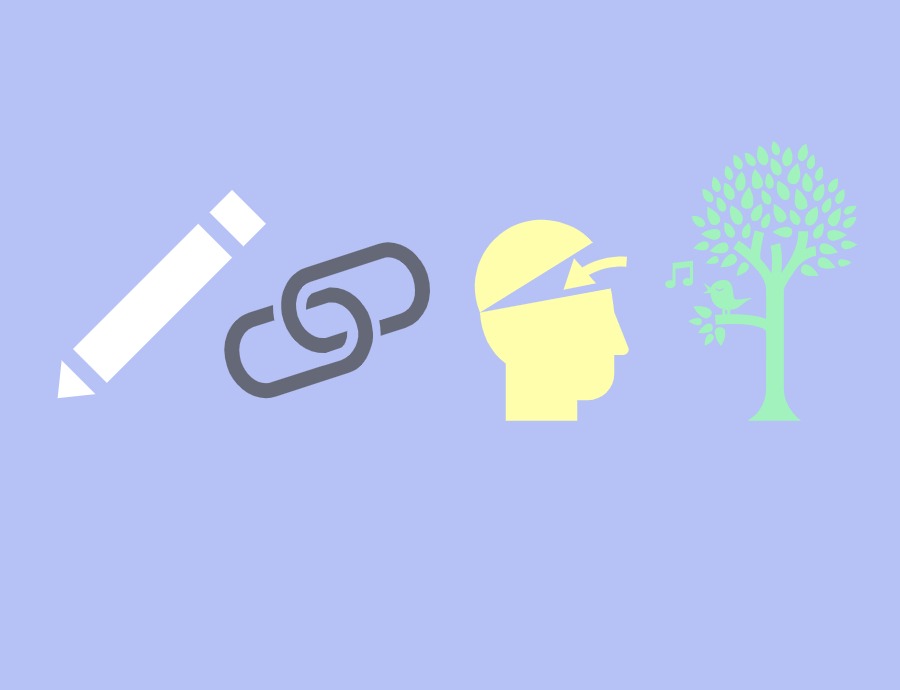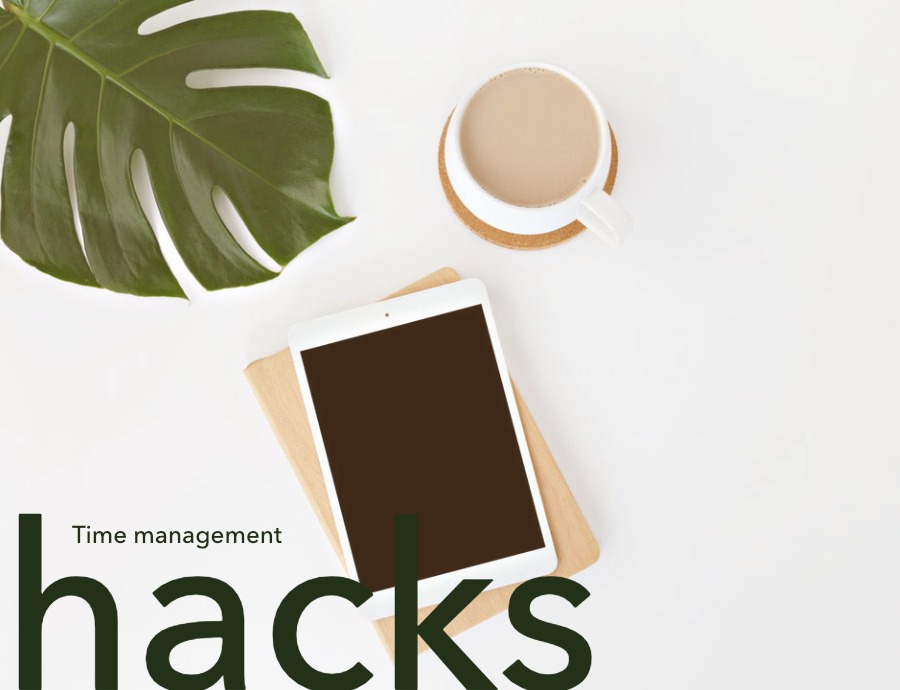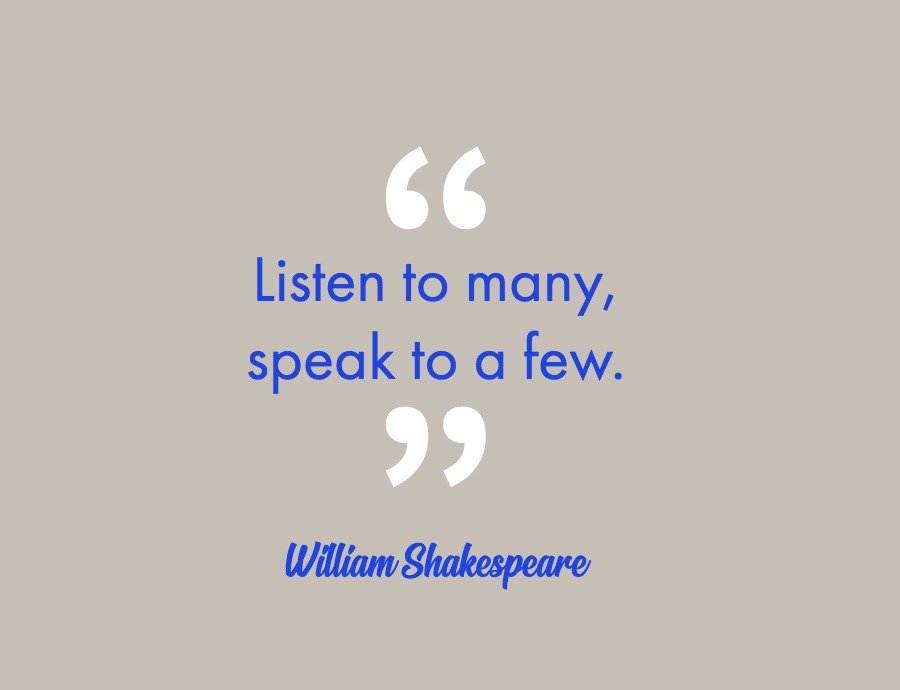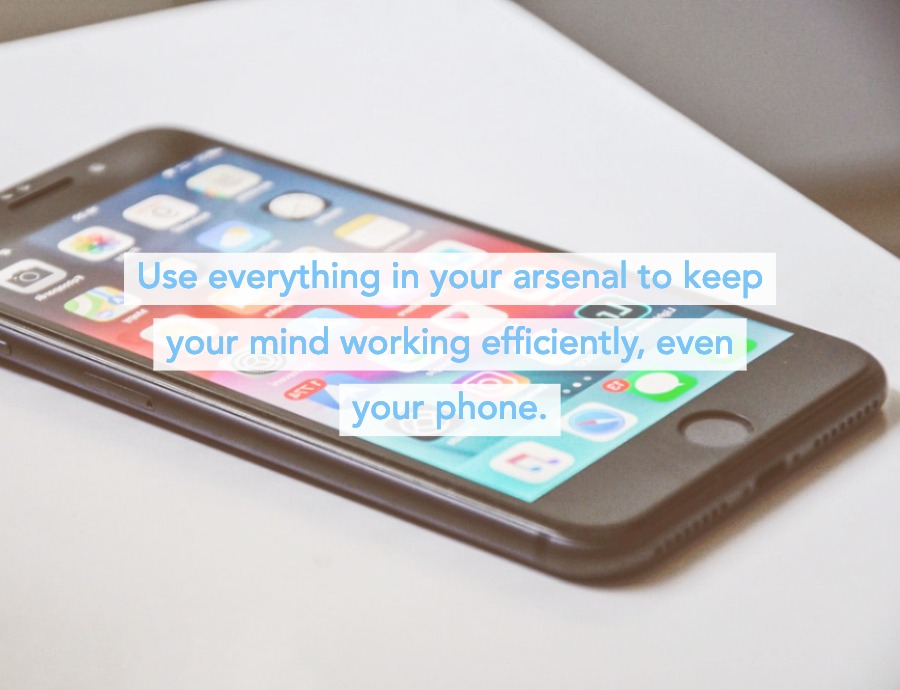Your goal is to NOT study during the exams. Wh-wh-what!? <record scratch> <short break while I explain that a record is an old and pretty terrible way of recording music on large breakable discs, which often scratched and skipped if disturbed even slightly> <longer break while I admit that, yes, I myself am too young to have ever actually played a record, but I’ve seen DJs use them>
Students think it’s obvious that they need to study during their exams. But why? Because they don’t already know the material. Which obviously isn’t a good idea. The barrage of exams is an intellectual obstacle course, and just as exhausting as any physical challenge. Your top priority during the days of examination is resting, recharging, refuelling, and readying for the next test. It’s hard to do that if you’re sitting up all night poring over old notes.
People think that their brains are memory keys, that they can just copy all the information in and then paste it back out onto the page. But the brain is a body part, like your arms or legs, and you wouldn’t prepare for a push-up challenge by staying up all night lifting weights. Your arms would be floppy noodles when you needed them most. And your brain is even easier to burn out.
You do the training in months and weeks you need your top performance. The last night before the big test is time to top up your energy levels and make sure you face it fresh. A tired brain couldn’t answer complicated questions even if it had the book open in front of it, never mind some struggling neurons still sparking from an overnight study session. Cramming can catastrophically damage your ability to actually do anything.
That’s why you work on the exam right now. Condense notes down to one-page reviews. Do problems from earlier in the term, not just this week’s work. Every year students are surprised by exam strategy, or staggered by the idea of trying to learn the entire course instead of just doing the weekly assignment. But you knew the exam was coming the second you started the course. You should approach it that way, preparing during the term, and buying yourself some sweet sleep, long meals, even enjoying some time off to reset your brain between exams.
Your top priority is resting and recharging.
Students think it’s obvious that they need to study during their exams. But why? Because they don’t already know the material. Which obviously isn’t a good idea. The barrage of exams is an intellectual obstacle course, and just as exhausting as any physical challenge. Your top priority during the days of examination is resting, recharging, refuelling, and readying for the next test. It’s hard to do that if you’re sitting up all night poring over old notes.
People think that their brains are memory keys, that they can just copy all the information in and then paste it back out onto the page. But the brain is a body part, like your arms or legs, and you wouldn’t prepare for a push-up challenge by staying up all night lifting weights. Your arms would be floppy noodles when you needed them most. And your brain is even easier to burn out.
You do the training in months and weeks you need your top performance. The last night before the big test is time to top up your energy levels and make sure you face it fresh. A tired brain couldn’t answer complicated questions even if it had the book open in front of it, never mind some struggling neurons still sparking from an overnight study session. Cramming can catastrophically damage your ability to actually do anything.
That’s why you work on the exam right now. Condense notes down to one-page reviews. Do problems from earlier in the term, not just this week’s work. Every year students are surprised by exam strategy, or staggered by the idea of trying to learn the entire course instead of just doing the weekly assignment. But you knew the exam was coming the second you started the course. You should approach it that way, preparing during the term, and buying yourself some sweet sleep, long meals, even enjoying some time off to reset your brain between exams.

